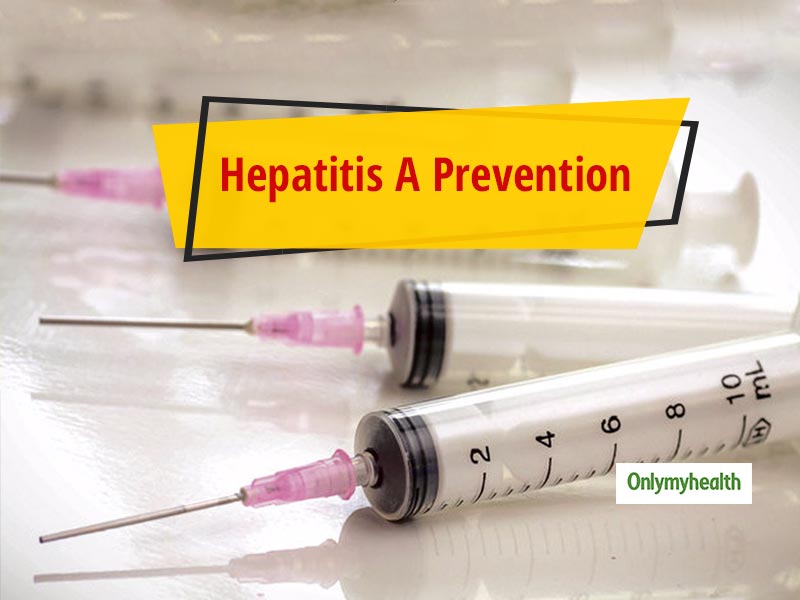
Hepatitis A prevention can happen with vaccines and also be effectively practicing quality standards of sanitation. Make sure that your house and place of work is clean and hygienic in order to avoid a hepatitis A infection.
Table of Content:-
Hepatitis A virus (HAV) is transmitted from one person to another by faecal-oral transmission. HAV is found in the stools (faeces) of people with hepatitis A, and it spreads through food or water contaminated with the faeces of an affected person. Poor sanitation is the most frequent cause of the spread or outbreak of HAV infection. Maintenance of good personal hygiene and washing hands regularly can help prevent the disease and transmission of HAV to others.
Measures to prevent HAV infection

Vaccine: Vaccine to prevent infection with HAV is available.
- The currently available vaccines for HAV contain no live viruses and are very safe. Side effects of the vaccines are not severe.
- Two shots of the vaccine are given. The second shot is given 6-18 months after the first dose, and the second dose is needed to ensure long-term protection. The vaccine can be administered at the same time as other vaccines.
- Some protective immunity starts about 2-4 weeks after the first shot. It is believed that if both the shots of HAV vaccine are given, it protects from infection for at least 20 years. The vaccine is valid only if given before exposure to the virus. It does not work after exposure.
- Sanitation and hygiene: Hygiene measures such as hand washing, safe drinking water and improved sanitation are essential for preventing infection with hepatitis A virus.
- Wash your hands frequently with soap and water. Hand washing is one of the best ways to control most infections. Wash your hands thoroughly, especially before eating, handling or preparing food, every time you change a diaper and after using the toilet. If soap and water are not available, an alcohol-based hand sanitizer can be used.
- Do not eat raw fruits and vegetables (especially those you can’t peel) like fruits and vegetables washed in unsafe water can be contaminated.
- Travellers from industrialised countries to developing countries should not drink untreated water. Contaminated drinking water is a common cause of infection with HAV. It is advisable to drink bottled water or canned or bottled carbonated beverages. Preferably use bottled water to brush teeth, and try to avoid swallowing water in the shower.
- Preferably eat hot food (steaming hot foods) and avoid foods which have been stored or served at room temperature. Food or water should be heated to 185°F or 85°C to kill the virus. Food served at any place can be contaminated, but the risk is higher if you have street food.

In addition to self-protection, take measures to avoid infecting others if you’re recovering from hepatitis A infection. The following steps can help to keep others safe:
- Wash your hands with soap and water frequently, especially before handling or preparing food, and after using the toilet. Use an alcohol-based hand sanitizer if soap and water are not available. If you have HAV infection, it is preferable to avoid preparing and serving food to others.
- Clean all hard surfaces and household things such as door handles, remote control, handrails, and computer keyboards regularly to remove germs.
Read more articles on Other Diseases
How we keep this article up to date:
We work with experts and keep a close eye on the latest in health and wellness. Whenever there is a new research or helpful information, we update our articles with accurate and useful advice.
Current Version